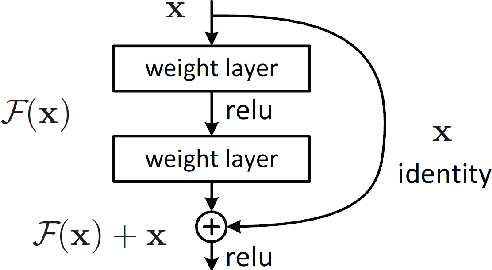Supervised Contrastive ResNet and Transfer Learning for the In-vehicle Intrusion Detection System
Paper and Code
Jul 18, 2022



High-end vehicles have been furnished with a number of electronic control units (ECUs), which provide upgrading functions to enhance the driving experience. The controller area network (CAN) is a well-known protocol that connects these ECUs because of its modesty and efficiency. However, the CAN bus is vulnerable to various types of attacks. Although the intrusion detection system (IDS) is proposed to address the security problem of the CAN bus, most previous studies only provide alerts when attacks occur without knowing the specific type of attack. Moreover, an IDS is designed for a specific car model due to diverse car manufacturers. In this study, we proposed a novel deep learning model called supervised contrastive (SupCon) ResNet, which can handle multiple attack identification on the CAN bus. Furthermore, the model can be used to improve the performance of a limited-size dataset using a transfer learning technique. The capability of the proposed model is evaluated on two real car datasets. When tested with the car hacking dataset, the experiment results show that the SupCon ResNet model improves the overall false-negative rates of four types of attack by four times on average, compared to other models. In addition, the model achieves the highest F1 score at 0.9994 on the survival dataset by utilizing transfer learning. Finally, the model can adapt to hardware constraints in terms of memory size and running time.
 Add to Chrome
Add to Chrome Add to Firefox
Add to Firefox Add to Edge
Add to Edge